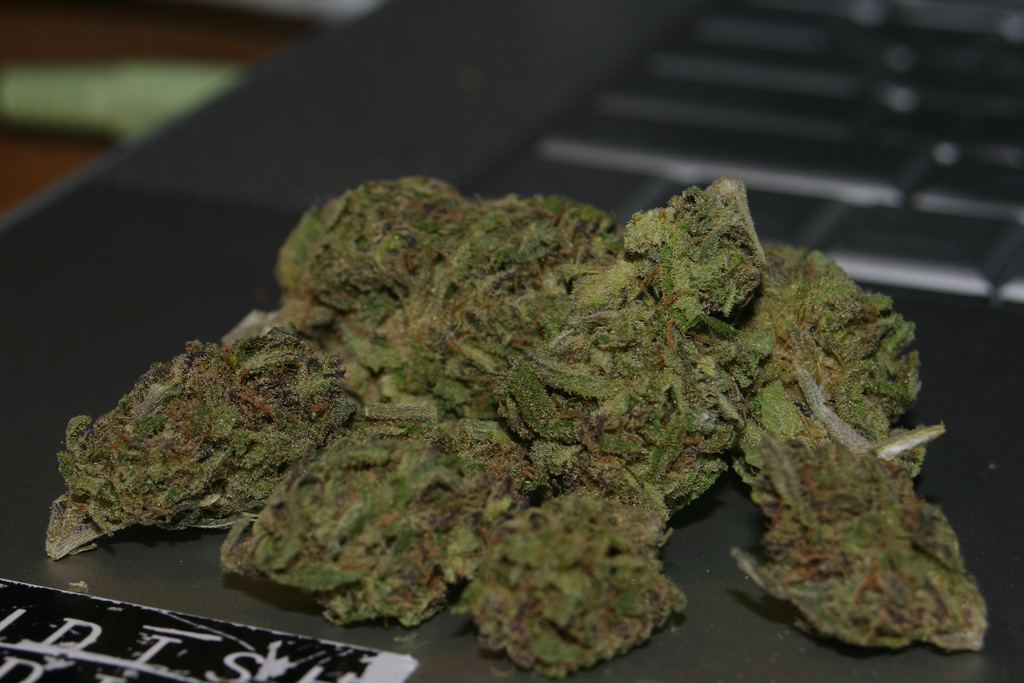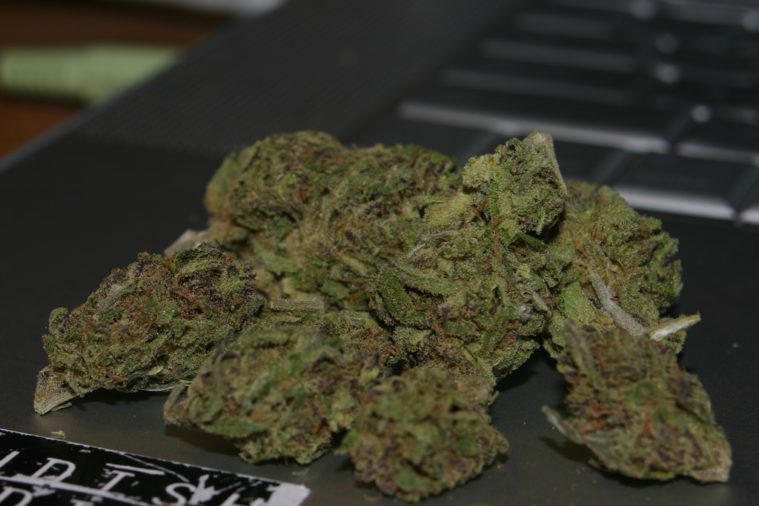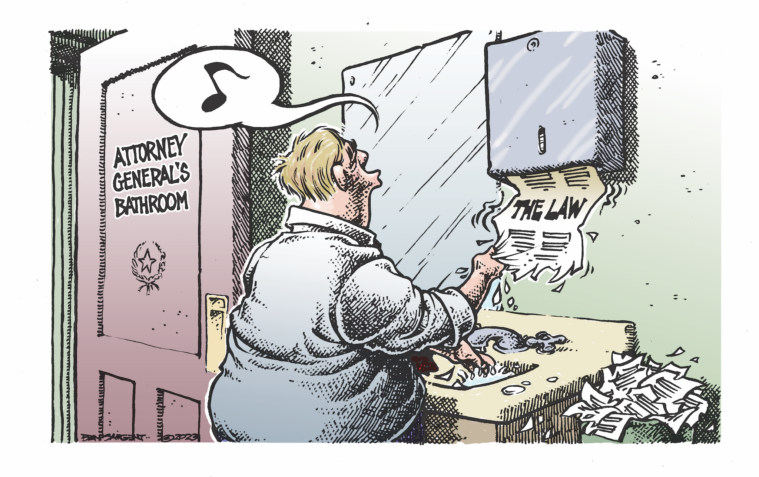
Marijuana Decriminalization Bill Advances Past Committee with GOP Support
Advocates applauded Monday's vote, pointing to the more than 61,000 Texans who were arrested for possession of marijuana in 2015.


The House Criminal Jurisprudence Committee advanced a marijuana decriminalization bill on Monday with the help of two Republicans.
With a 4–2 vote, the committee approved House Bill 81, authored by Chair Joe Moody, D-El Paso, at Monday’s hearing. Under HB 81, police would ticket someone caught with an ounce or less of marijuana rather than charging them with a Class B misdemeanor, which carries a punishment of up to six months in jail.
The measure passed with bipartisan support, but both no votes came from Republican freshmen — Cole Hefner, of Mt. Pleasant, and Mike Lang, of Granbury. Republicans Todd Hunter, of Corpus Christi, and Terry Wilson, of Marble Falls, joined the committee’s Democrats in advancing the bill beyond its first legislative hurdle.

“It is a fairly new concept in Texas not to criminalize conduct,” Moody told the Observer. “Part of the problem has been just getting people comfortable with the idea of treating this differently than we have in the past.”
Some Texas Republicans, who have traditionally opposed weakening penalties for drug convictions, seem to be warming to the idea of decriminalizing marijuana possession.
The GOP opposition might have been stiffer Monday had Moody not offered a committee substitute, which is less forgiving than the original proposal. The new version allows judges to elevate the civil offense to a Class C misdemeanor if a violator has already been cited three times for possessing small amounts of pot.
“If you’re going to be a frequent customer, you will be moved into the criminal arena,” Moody said during the hearing.

It was the substitute that won Moody the vote of the committee’s other Republican freshman. Wilson and his staff have been working with Moody on the bill, and they see the committee substitute as a step in the right direction, according to Jeff Frazier, Wilson’s chief of staff. Wilson is considering signing on to the bill as a joint author.
“Whether or not we end up as a joint author, this is a change we’d like to see in the state of Texas, and we’ll try our best to get those changes made,” Frazier told the Observer Monday.
Wilson may be new to the House, but his support as a joint author could be critically important for Moody. With Wilson, the bill would have two GOP joint authors. Representative Jason Isaac, of Dripping Springs, has already signed on.
Last session, Moody carried a nearly identical measure. Several Republicans, including David Simpson and Bryan Hughes — both of whom are no longer in the House — signed on to Moody’s bill as co-authors in 2013, but no GOP member supported the measure as a joint author, which is a greater show of support.
Moody will need all the help he can get from Republicans, including House Criminal Jurisprudence Committee Vice Chair Hunter, who voted in support of the bill on Monday. The proposal now advances to the Calendars Committee, which determines the flow of legislation into the full House. Hunter chairs the powerful committee, which comprises 10 Republicans and five Democrats.
Hunter will play a major role in determining whether HB 81 makes it to the House floor — further than any bill lessening penalties for marijuana offenses has made it in the legislative process.
Advocates applauded Monday’s vote, pointing to the more than 61,000 people who were arrested in Texas for possession of marijuana in 2015, according to Department of Public Safety data.
“The state’s current policy of arresting and jailing people for simple marijuana possession is completely unwarranted,” said Heather Fazio, a spokesperson for Texans for Responsible Marijuana Policy. “Law enforcement officials’ time and limited resources would be better spent addressing serious crimes… No one should be saddled with a lifelong criminal record simply for possessing a substance that is less harmful than alcohol.”


